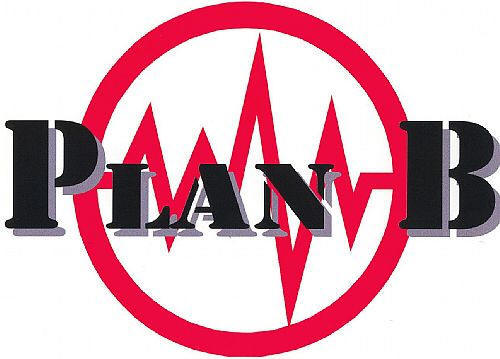 Keeping
a "Plan A", B, and C:
Keeping
a "Plan A", B, and C:
Contract “flexibility” and other problems.
Should I keep a "Plan
B" in my back pocket?
Yes!
In the
developed Western world, we tend to think of things like
contacts as being written in "stone" - but in many
countries, contracts can be quite "flexible".
That can
mean that your employer may not do the things they said
they would do. You may not like that. It may be time
to move on.
Expatriate
Plan B and Plan C
When you do
your research about countries and jobs, keep a second
and third choice in your mind, just in case things don't
work out for Plan A. Keep these in the back of your
mind, keep your resume up to date, and fish to see what
is out there from time to time. With a decent Plan B
and Plan C you won't have to worry about a surprise.
There is
also the possibility that you just won't like the job
you took, or the country you moved to, or some other
unforeseen problem may sour you on the whole deal.
Your First
Country - Your First Job
Keep open
the possibility of going back home. Don't burn your
bridges to anywhere, ever. You just never know when you
might need to head back where you were last year. I've
never had to back track, but I do try to keep my options
open. I try to leave every employer on good terms, with
them ready for my return. I try to maintain and network
with people from previous employment. And, it all works
both ways - you might need to help a friend come to
where you are some day.
You may
never need your Plan B
Just be
cautious, the expatriate world is just a little less
stable than other types of employment. I've never
needed my Plan B or C, but they are there, just in
case. It helps me sleep at night.
My first
year in Saudi Arabia was quite a difficult adjustment
for me. Though I didn't bail out, it was nice to have
my options already mapped out - I knew exactly what I
would do - where I would go. It took a lot pressure off
the situation and allowed me to adapt and adjust - and
succeed.


